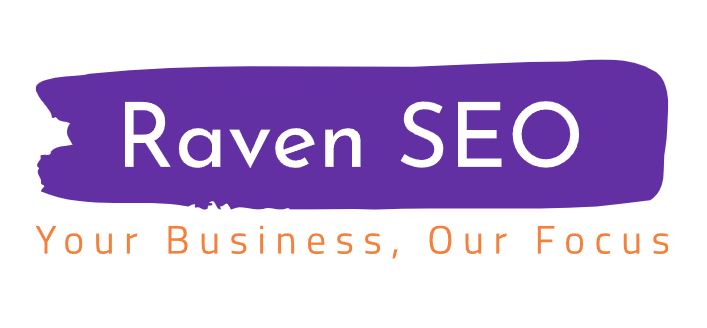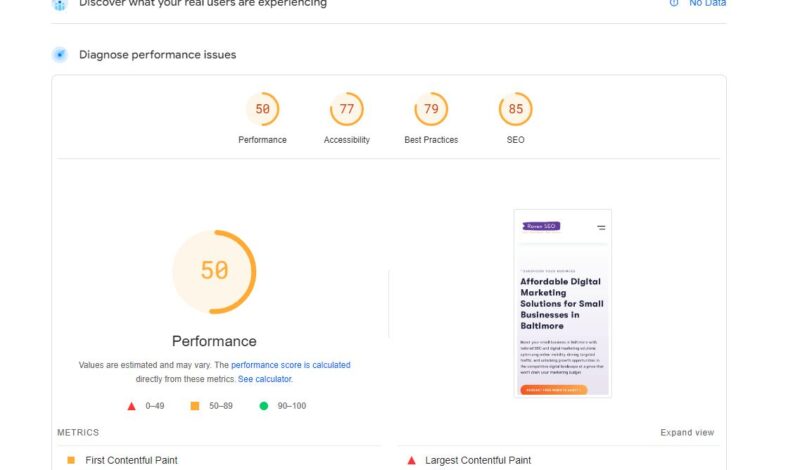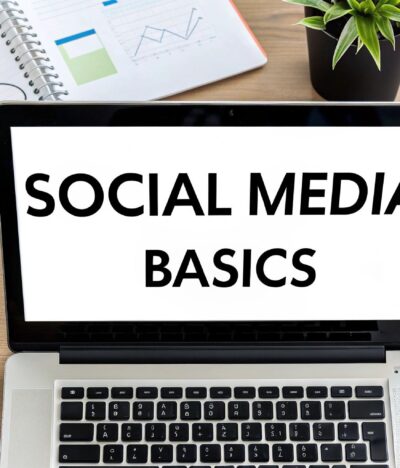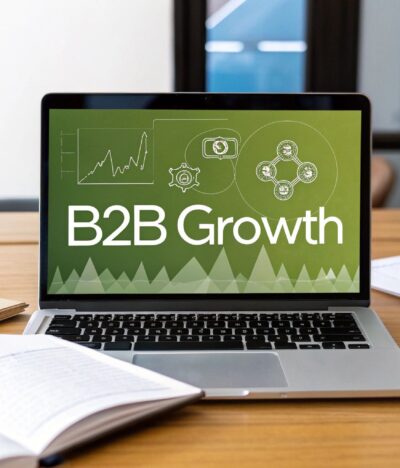Let’s be real – nobody likes waiting around for a website to load. In fact, it’s one of the quickest ways to lose a potential customer. A slow website is like a restaurant with long wait times or a store with endless checkout lines – people will simply go somewhere else. If you want your website to be a success, it needs to be fast!
Why You Need a Speedy Website
- Happy Visitors, Happy Customers: A fast-loading site means happy visitors. People are more likely to stick around, explore your content, and ultimately buy your products or services if your website is quick and responsive.
- Google Loves Speed: It’s no secret that Google wants to deliver the best possible experience to its users. That means prioritizing fast-loading websites in its search results. If your site is slow, Google will push it down the rankings, making it harder for people to find you.
- Mobile Matters: Most people use their phones to browse the web. A slow-loading mobile site is a major turn-off, and it’s not doing your business any favors with Google either.
- Show Me the Money: There’s a direct link between website speed and your bottom line. Faster sites lead to more conversions, more sales, and more revenue.
- Look Sharp: A slow website makes your brand look bad. It’s like showing up to a meeting in wrinkled clothes – it gives off an unprofessional vibe.
So, What’s Slowing Your Site Down?
A few things can contribute to a sluggish website:
- Oversized Images: Think of these as those extra suitcases you try to cram into the overhead bin on a flight – they weigh you down. Compressing images before uploading them to your site is key.
- Sluggish Server: This is like having a cashier who’s always on break. Your hosting provider should be reliable and offer quick server response times.
- Messy Code: Code that’s bloated or poorly written is like a tangled extension cord – it slows everything down.
Speed It Up! Tips to Optimize Your Website
You don’t need to be a tech whiz to improve your website speed. Here are some quick fixes:
- Compress Images: Use an image optimization tool to reduce file sizes without losing quality.
- Minify Your Code: This means removing unnecessary characters and spaces from your CSS and JavaScript files. (Plugins can help!)
- Leverage Caching: This stores a temporary version of your site on visitors’ devices, so they load faster on repeat visits.
- Upgrade Your Hosting: If your server is slow, consider switching to a more reliable provider.
Go Pro for Advanced Optimization
Need a little more help? Our web development team at Raven SEO can take your website speed to the next level with these tricks:
- Lazy Loading: Images and videos only load when they become visible to the user, reducing initial load time.
- Code Splitting: Your code is divided into smaller chunks, so only the necessary parts load on each page.
- Server-Side Caching: Your pages are pre-rendered on the server, making them load faster for everyone.
FAQs About Website Speed
How fast should my website load?
Aim for under 3 seconds, ideally under 2.
Is there a way to test my website speed?
Absolutely! Google PageSpeed Insights is a great free tool. GTmetrix is another solid option.
Should I focus on desktop or mobile website speed?
Both are important, but Google has shifted to mobile-first indexing. This means they primarily use the mobile version of your site for ranking and indexing. So, while you should optimize for both, prioritize the mobile experience.
Don’t let a slow website cost you customers!
If you want your website to be a rockstar, it needs to be fast and responsive. Contact Raven SEO today to learn more about our web optimization services in Baltimore. We’ll get your site in top shape and ready to race!




